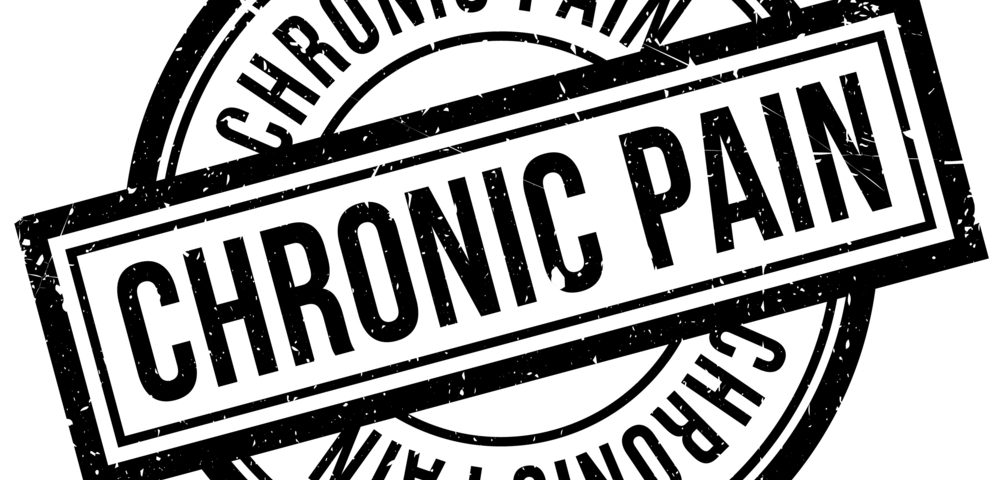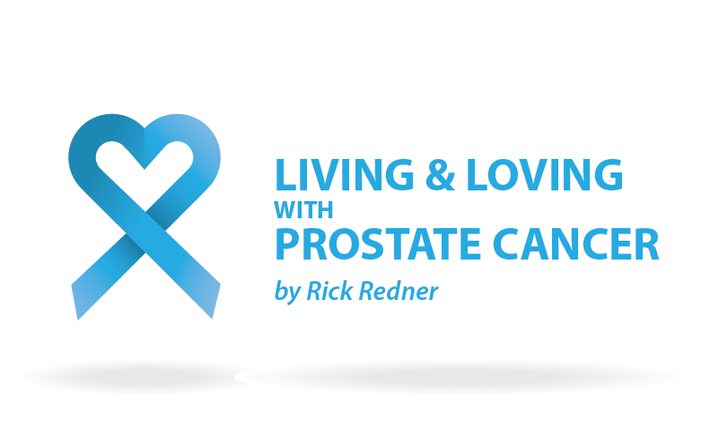Three weeks ago, I herniated a disk, which pinched a nerve. I was in constant pain. My narcotic pain meds didn’t bring my pain to a level low enough to allow me to fall asleep.
Whether your pain is cancer-related or not, like me, you may find yourself thinking dark thoughts in response to chronic pain. These usually occur in the dead of a sleepless night. Here are a few dangerous options I’ve considered in the last few nights:
1. Taking more than the prescribed dose
If your prescribed dosage isn’t working, it’s easy to think taking more will provide better pain relief. According to a post by the American Addiction Centers, “Since 2000, overdose deaths from prescription opioid painkillers have risen dramatically, with more than 14,000 deaths in 2014 attributed to prescription painkiller overdose.” Deciding to take more than your prescribed dosage of pain medication can be a fatal decision. Don’t take more than prescribed.
2. Mix and match
If you’ve saved pain medication from a previous illness or injury like I do, the thought of combining your current medication with previous medications is another dangerous temptation. CBS News reported in 2014 that, “In 2013, nearly 60 percent of people using opiate pain medications were taking them along with some other drug in a potentially hazardous combination.” Combining your own medications without medical supervision can cost you your life.
3. Combining alcohol with pain medication
According to an article in Scientific American, painkillers and booze are dangerous to mix because both substances slow breathing and obstruct the cough reflex, which can create a “double-whammy effect” that can suffocate you.
4. Desperate measures
As an intake assessor for a psychiatric facility, I spoke with a woman suffering from frequent and painful migraine headaches. I advised her to come in for an assessment. She stated she wanted to go on a vacation before coming in for her assessment. She gave me a date to call her back. When I called her back, a family member informed me she’d taken her own life. I was devastated.
A cousin of mine had chronic and severe back pain. Nothing they tried provided effective pain relief. One day he got into his car with a gun. He shot and killed himself.
I think the majority of people coping with chronic, severe, sleep-disruptive pain have thought about taking their own lives, at least in passing.
I’d seen my doctor a week after my pain began. She ordered an X-ray (because Medicare denied an MRI), and I was given a prescription muscle relaxer, pain pills, and a referral to physical therapy. One week later, I asked myself the following question: “Can I continue to live with my current level of pain, sleep disruption, and physical limitations?” The answer was no.
The next question was, “So what am I going to do to make this situation more tolerable?” The reality is the medical system doesn’t find chronic pain or severe sleep disruption to be medical emergencies. It’s possible you can be stuck with that miserable life-altering situation for weeks at a time.
I let my doctor know that my pain level was worse. I needed her to get Medicare to approve an MRI. This was necessary if I needed an epidural injection to effectively treat my pain. She put in the request, and my MRI was approved.
For me, the most important relief I needed was sleep. So, I asked my doctor to prescribe sleep medication that I could take in conjunction with my muscle relaxer and pain medication. It’s amazing how much better I felt after a few hours of consecutive sleep.
The good news is that I’m getting adequate sleep. The bad news is my pain level keeps getting worse. I have to wait a week for my next appointment to discuss the results of my MRI. It’s more than likely I’ll wait a week or more before I see someone who can give me an epidural injection.
The whole process can take a month or more. As I said earlier, chronic pain and sleep disturbance are not considered medical emergencies, until you’re the patient. According to a 2017 study, patients with chronic pain are twice as likely to commit suicide.
It’s not surprising that, from a patient’s perspective, chronic pain and sleep deprivation are emergencies from day one.
Waiting days, weeks, or months for a diagnosis and treatment leads to the temptation to take matters into your own hands. Unfortunately, one mistake can cost you your life. If necessary, ask for a referral to a pain clinic rather than attempt to manage your pain yourself.
***
Note: Prostate Cancer News Today is strictly a news and information website about the disease. It does not provide medical advice, diagnosis, or treatment. This content is not intended to be a substitute for professional medical advice, diagnosis, or treatment. Always seek the advice of your physician or other qualified health provider with any questions you may have regarding a medical condition. Never disregard professional medical advice or delay in seeking it because of something you have read on this website. The opinions expressed in this column are not those of Prostate Cancer News Today, or its parent company, BioNews Services, and are intended to spark discussion about issues pertaining to prostate cancer.


